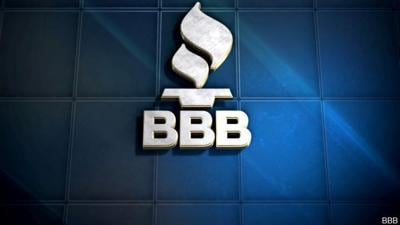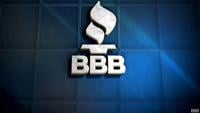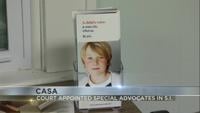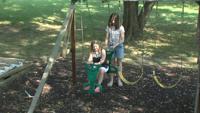
(WSIL) -- Solar panels are very popular. Scammers are capitalizing on that popularity and using your trust to get a look at what you own, or even get inside your home. Regional Director of the Cape Girardeau Better Business Bureau, Sydney Waters, gives some insight on the scam and tips on how to avoid it.
Waters says scammers are posing as a salesperson, and using that guise to get into your home, look for valuables (both inside and out) and use that information for a later theft. Waters suggests never letting a stranger into your home, asking for their transient merchant license and a list of references. If the salesperson is truly interested in the sale, they will find a way to reach you at a later date. Waters also suggests asking for their official business card and plugging it into the Better Business Bureau website for vetting.
Another popular scam around solar panels comes in the way of a "cost saving" measure. Often, these scammers will ask the homeowner if they can do an "energy assessment" to analyze the efficiency of your home. These scammers may ask you to write down your personal information for their documentation. Scammers can later use your personal information to steel your identity. These scammers can also disguise themselves as a government worker. Waters says, government officials will very rarely ever contact you, in person, at your home. Be very warry of anyone who knocks on your door claiming to be with a government agency.
Yet another scam associated with solar panels comes in the way of a "contractor" asking for payment in full. While Waters says it is common to pay upfront for supplies, you should not pay for the project in-full until it is complete. Waters suggests that someone who asks otherwise should raise a red flag.
You can view the entire interview below.
Scammers are capitalizing on the popularity of solar panels and using your trust to get a look at what you own or even get inside your home.














